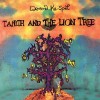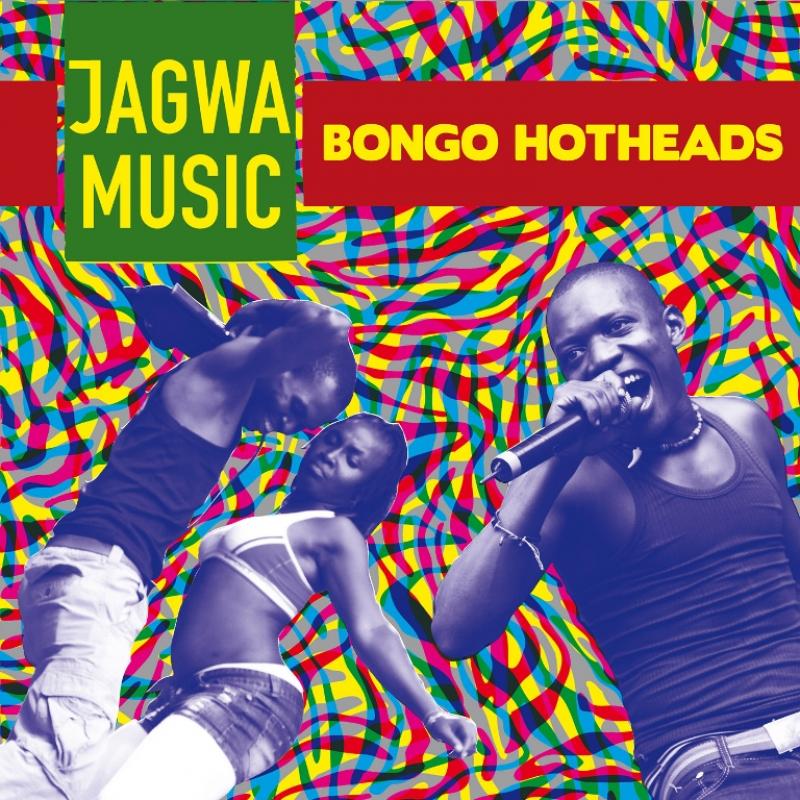 Tanith and the Lion Tree revels in that rich and sumptuous world Edward Ka-Spel has carved for himself, one where the surreal becomes vivid, a vibrant play of words that like Kenneth Anger’s pleasure dome inaugurations, slowly unfold, ensnaring you in simmerings of dark fascinations. Tastes that jump from macabre to tender heart felts, from spite to cheerful jaunts of observation. Nuggets that refuse to give away their journeys end, delight in leaving resolutions dancing around in the listeners mind whilst the music slickly entertains a multitude of possible atmospheres, poking at the aura of each song in a prism of pleasing dimensions, stage sets. His words impart a strange narcotic, an alluring hypnosis of language, like something trapped in the flicking frames of a silent movie, that drags you into a half remembered rotten seed of suggestion.
Tanith and the Lion Tree revels in that rich and sumptuous world Edward Ka-Spel has carved for himself, one where the surreal becomes vivid, a vibrant play of words that like Kenneth Anger’s pleasure dome inaugurations, slowly unfold, ensnaring you in simmerings of dark fascinations. Tastes that jump from macabre to tender heart felts, from spite to cheerful jaunts of observation. Nuggets that refuse to give away their journeys end, delight in leaving resolutions dancing around in the listeners mind whilst the music slickly entertains a multitude of possible atmospheres, poking at the aura of each song in a prism of pleasing dimensions, stage sets. His words impart a strange narcotic, an alluring hypnosis of language, like something trapped in the flicking frames of a silent movie, that drags you into a half remembered rotten seed of suggestion.
The following track title track strips itself almost bare in comparison. A cute pianola-led nursery box of magical sadness, the eerie naivety of the child-drawn cover, seeping into the crooked tale of a little girl feeding candy to a lion and placing his decaying teeth under her bed to wish forth a lion tree – the lion dribbling, dying off, the unfulfilled want of meat in his toothless mouth as he “watches his ghost go hunting bees,”‘ the ion blooms of the tree fed further candy; a grim parable of renewal, wrapped around the cranked music box pins.
It’s worth the admission for these two tracks alone, but there’s plenty more left to satisfy between loopian washes of sluice-like ambience. The Karl Blake-like monologue of “Four out of Ten” continues to dish out the aural pleasures, a repeating dub/spur of lubrication. Robotic canters of vocal raising into raaaaaah’s of disharmony, funnel webs of noise scratch into emulsion as words reflect further, deeper: “Your lies are like the creeping fog that blinds me/ guides my injured soul into the blender/with a thousand knives that grind,” as if the words are exploding with the repeated guttural industries framing them. Laser-etched spiked butterflies still flapping: “Feel my nerves explode galactic in your veins!/Does my hot exquisite pain excite you?… Does it? …Does it?, Hell, you careeeeeeeeeeeeee…” – slurring endlessly, an inquisition of a failed relationship. “I’m just another notch, another… conquest… come tomorrow it’s like I was never really there,” echoes of “Never there!” slipping the horizon, like a body off a multi-storey car park.Breaking the mood, “The Bakersman”‘s Third Man comedic qualities dowse negativity in a noir pop sliver with odd industrialised interludes, the lyrics defining a gangster-like character: “Jerkov cuts it charismatic…’Strikes his matches on his jaw.” The music, a daft tumbling of brilliant colour and catchy chorus, with a harpsichordic finale weft warped by the filter fairies. The following “Prithee” continues the optimistic vibe, a tender love song that spares the syrup, a dronic gem of loveliness wrapped in barbershop harmonies. A piano cascade that leads you through a
lilting landscape that’s eventually unsure it can truly abandon the dark’s gravitational pull. Next up is a weird little ditty called “Prisoners of War” that floats out on a glistening ’80s synth rumpus. A lyrically fragmented meditation on the mistreatment of prisoners, with visions of a box kept “Alfredo, fed potatoes…” Taped screams of barbecued Bartholomew… Ka-Spel sarcastically adding, “no one’s ever bored…life is so much more fulfilling since they gave us all these prisoners of war!”
The penultimate track is a quirky 2012 redux of “Prisoners Of War” that carves up the original into a mire of fusing electronics and pan-sonic shears and arpeggio-warped tinnitus, scrunched and rubberised envelopes of corrupted data. Which leaves a distant shot drone candy to close the album in a light swell of accordion and the soft hum of apparatus. A gentle repeated click of a needle’s run out ending this amazing and genuinely affecting piece of work, speaking volumes for this battered cage we call life.
-Michael Rodham-Heaps-



